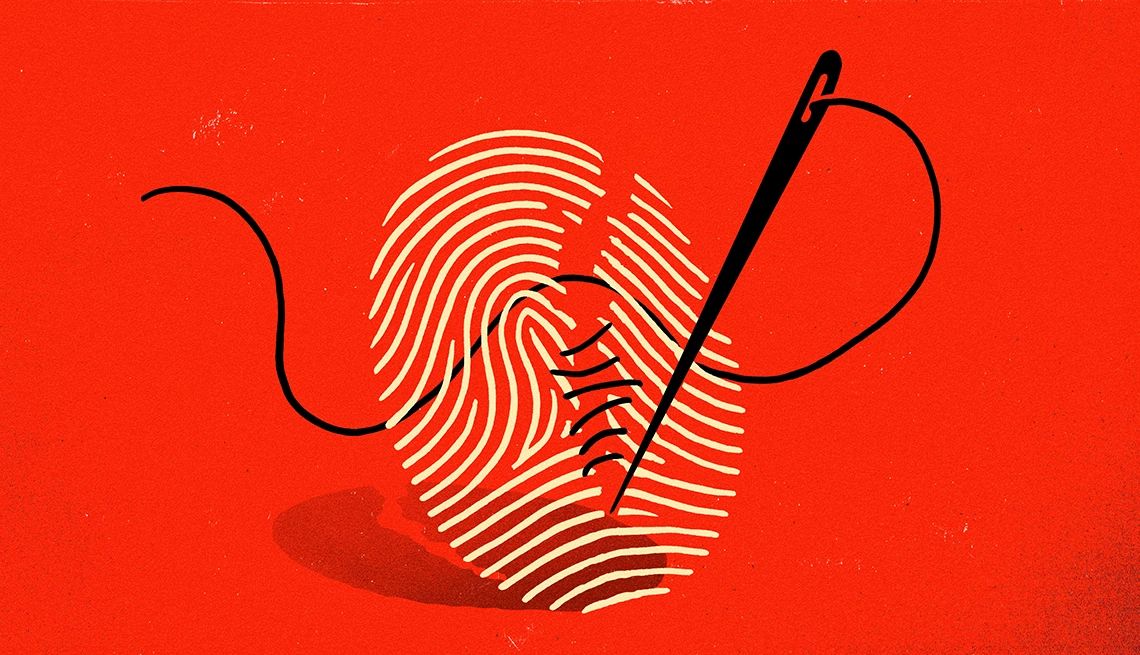
How to Recover After Your Identity Has Been Stolen
- Select a language for the TTS:
- UK English Female
- UK English Male
- US English Female
- US English Male
- Australian Female
- Australian Male
- Language selected: (auto detect) - EN
Play all audios:
Rob Dobi Facebook Twitter LinkedIn
Jessica Roy’s years-long identity fraud nightmare began with a stolen wallet. The theft occurred in a San Francisco bar in 2018, and Roy — then a reporter with the Los Angeles Times, now a
financial columnist with the San Francisco Chronicle — took quick action. She disputed charges the next morning (the thieves had used her debit card), cancelled her debit and credit cards,
and reported her stolen wallet to local police. Soon after, she obtained a new driver’s license and updated autopay for her bills.
She thought the matter was closed. Then Bank of America and Wells Fargo mailed her approval notices for accounts she hadn’t opened. The thieves had applied for accounts with Macy’s, PayPal,
and Walmart, she learned from a site where she tracked her credit score. She received email notifications that her passwords had been changed.
Roy froze her credit with the three major credit bureaus and filed a federal ID theft complaint. But the problem worsened. Although Roy had reported her driver’s license stolen, Bank of
America and Wells Fargo issued checkbooks for accounts the criminals had opened. Soon she received letters about bad checks, including nearly $14,000 at Big Lots. The thieves used her
driver’s license to rent a Tesla that was eventually reported stolen.
The last incident occurred in 2021, roughly three years after the wallet theft. But Roy knows she could be victimized again. “Eva Velasquez [CEO of the nonprofit Identity Theft Resource
Center (ITRC)] told me that getting your identity stolen is like having a chronic illness,” Roy says. “You can have it under control for a long time, but a flare-up could always happen.”
If identity fraud is like a chronic illness, the crimes are reaching an epidemic stage. Identity fraud cost Americans an estimated $47 billion in 2024, with roughly 15 million victims,
according to “Resolving the Shattered Identity Crisis,” an AARP-sponsored report from Javelin Strategy & Research. The Federal Trade Commission (FTC) received 1.13 million identity theft
reports in 2024, up from 650,000 in 2019.
“My advice to someone going through identity theft is that it is possible to fight it and win,” says Roy, who also recounted her experience in the Los Angeles Times. “It just takes way, way,
way more effort than it should, and no one is invested in helping you or doing anything to prevent this from happening to anyone else.” (Check out AARP’s tips for identity theft
prevention.)